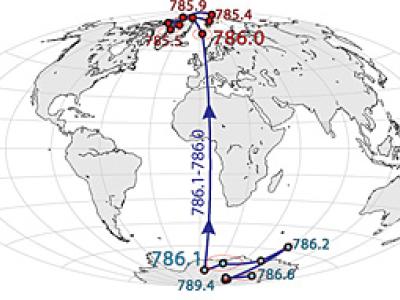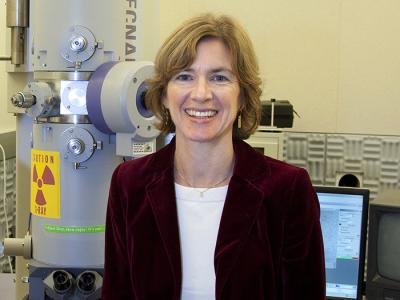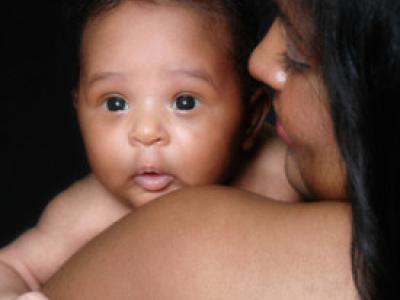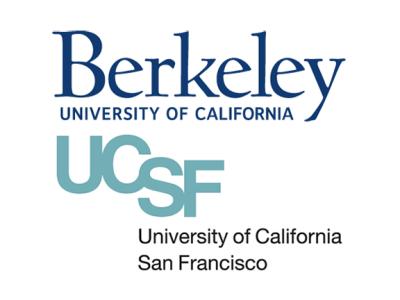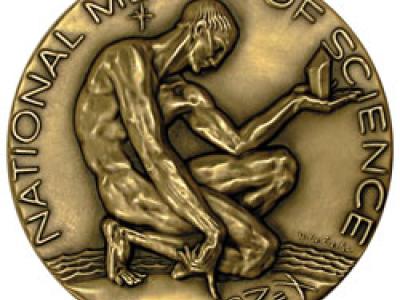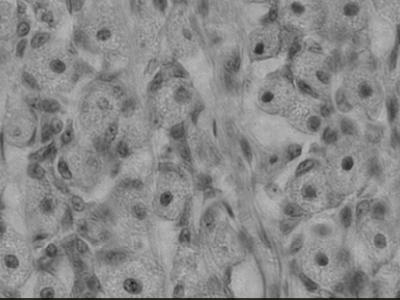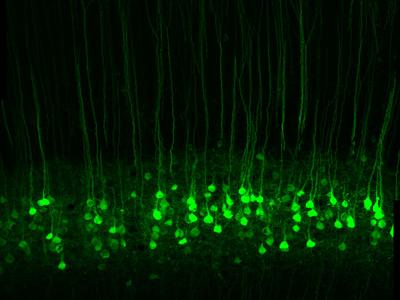Earth’s magnetic field could flip within a human lifetime
UC Berkeley geophysicist Paul Renne, grad student Courtney Sprain and their Italian and French colleagues found that Earth’s last magnetic reversal took place 786,000 years ago and happened very quickly, in less than 100 years – roughly a human lifetime. The rapid flip is much faster than the thousands of years most geologists thought.

